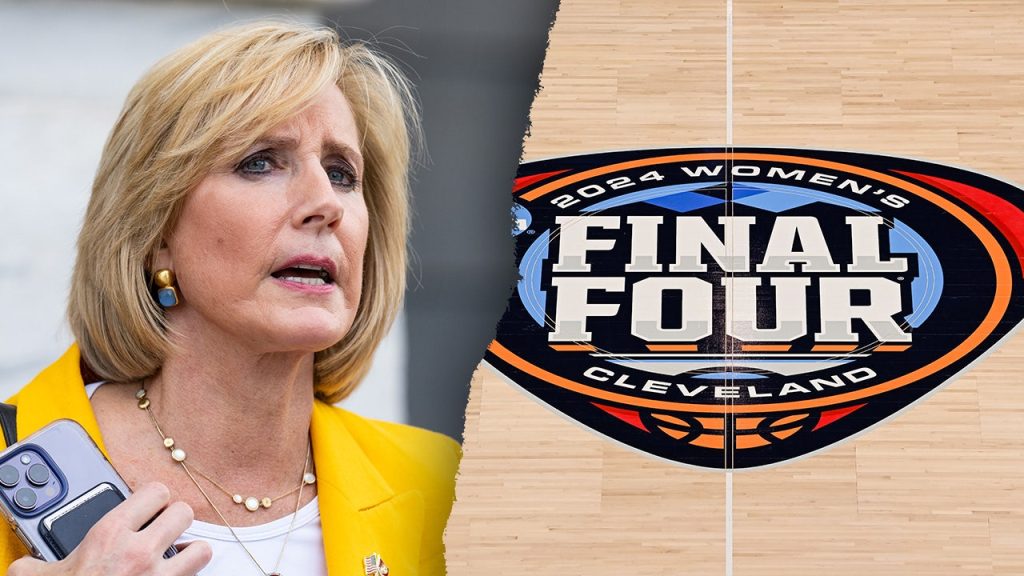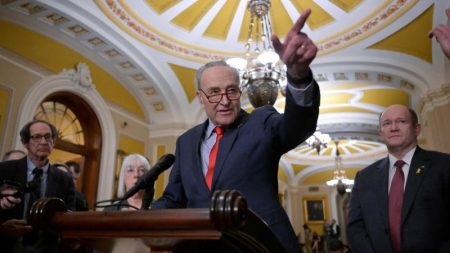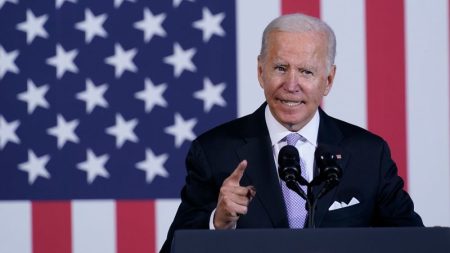A group of House Republicans, led by Rep. Claudia Tenney, are urging the National Collegiate Athletic Association (NCAA) to ban transgender women who were born male from participating in female college sports teams. The lawmakers are concerned about the future of women’s sports and the protection of Title IX rights for female athletes. They argue that allowing transgender women to compete in women’s sports gives them an unfair advantage due to their prior male physiology. The lawmakers point to a study that found that testosterone-driven anatomical differences are not reversible, giving transgender women an advantage over biological women in athletic competitions.
The lawmakers also criticized recent comments made by University of South Carolina women’s basketball coach Dawn Staley, who said that any student athlete who identifies as a woman should be allowed to play on women’s NCAA teams. The Republicans argue that this stance ignores biological facts and would harm female athletes throughout NCAA-affiliated schools. They believe that allowing biological males to compete against biological females erodes critical Title IX protections for women and deprives them of a fair opportunity to compete and achieve athletic success. The lawmakers are calling on the NCAA to reconsider its current policy and prohibit biological males from participating in women’s sports.
The lawmakers cited a recent swimming competition where transgender athlete Lia Thomas, who attends the University of Pennsylvania, beat a biologically female swimmer. They believe that such instances should not be allowed to happen again and are urging the NCAA to follow the lead of the National Association of Intercollegiate Athletics (NAIA), which recently announced a ban on transgender athletes from competing in women’s sports. The Republicans argue that transgender women have an inherent advantage in women’s sports due to their prior male physiology and that the NCAA’s current policies fail to take scientific facts into consideration.
The National Association of Intercollegiate Athletics (NAIA) recently announced that transgender athletes would be banned from competing in women’s sports, although they can still participate in team practices and non-competition activities. The NAIA governs roughly 83,000 student athletes from smaller and private universities, in contrast to the over 500,000 student athletes across the NCAA’s three divisions. The NAIA’s policy is based on the recognition of the natural advantages that biological men have in certain athletic competitions and the understanding that estrogen therapy will not reverse most athletic performance parameters. The lawmakers are calling on the NCAA to follow suit and implement similar policies to ensure fair competition for female athletes.
The issue of transgender athletes competing in women’s sports has sparked controversy and debate, with concerns raised about fairness and equality in athletic competitions. The lawmakers argue that allowing biological males to compete against biological females in women’s sports is unfair and undermines the achievements of female athletes. They believe that by not taking scientific facts into consideration, the NCAA’s current policies are putting female athletes at a disadvantage. The Republicans are urging the NCAA to reconsider its stance on transgender athletes in women’s sports and to prioritize fairness and equity for all athletes.
Fox News Digital reached out to the NCAA for a response on the issue of transgender athletes in women’s sports, but no statement has been provided as of yet. The debate over transgender athletes in women’s sports is ongoing, with lawmakers, coaches, and athletes expressing different views on the matter. As the conversation continues, it remains to be seen how the NCAA will respond to calls for a ban on transgender women who were born male from competing in female college sports teams.















